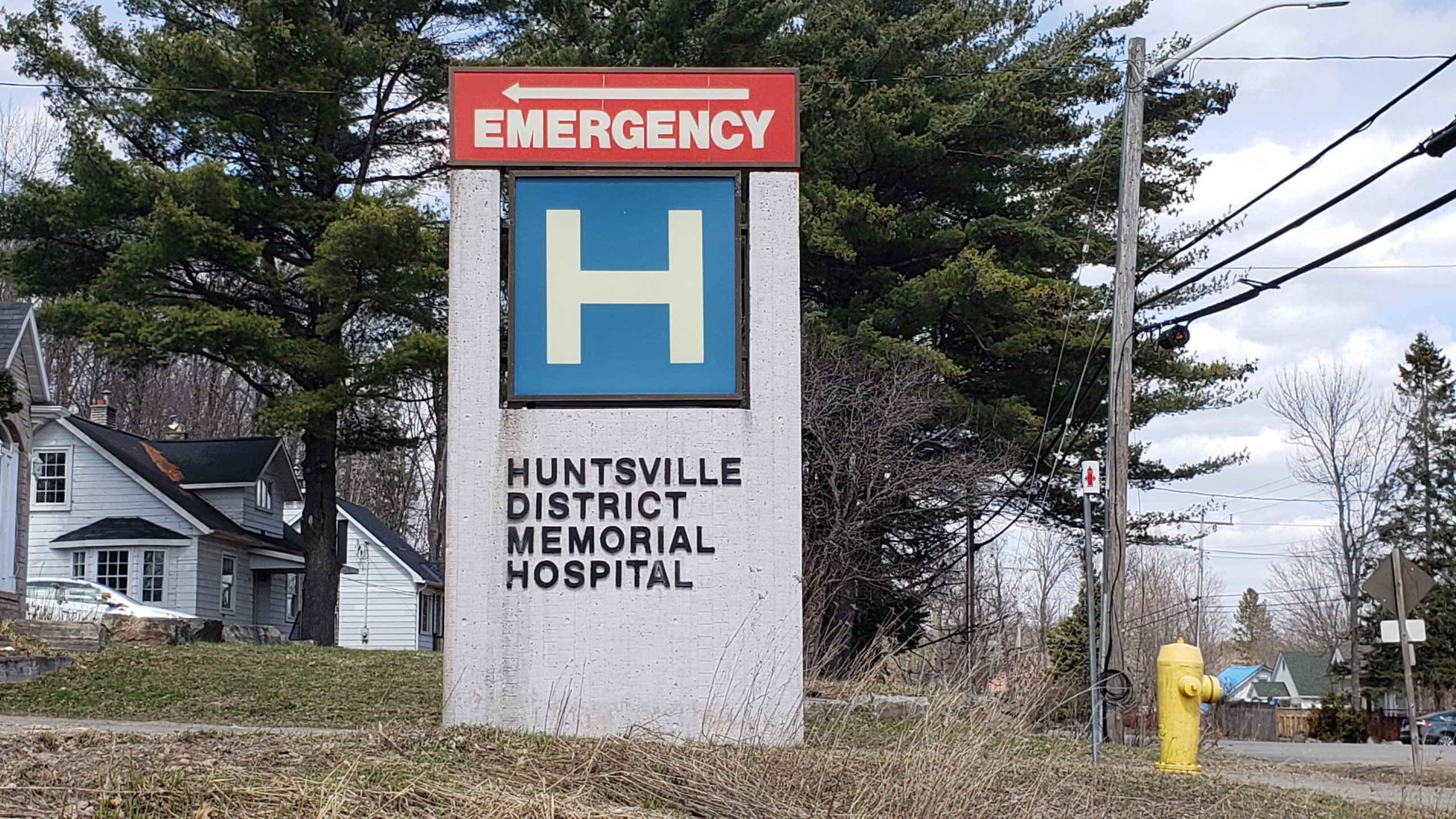Muskoka Algonquin Healthcare’s (MAHC) board of directors has directed its consultants to start working on the “formal, detailed planning, and documentation” ahead of them submitting their proposal as soon as this fall.
The decision was made during the July 2 board meeting at the Huntsville District Memorial Hospital.
“This step is a testament to our commitment to superior healthcare and responsiveness to community feedback,” said Cheryl Harrison, chief executive officer of MAHC, in a July 3 media release. “Our collaborative efforts continue as we refine our plans for the submission to the Ministry of Health in November 2024.”
The motion passed last night includes wording mandating MAHC “continues to work on the model with consultants and all stakeholders to collaborate on strategies for addressing flexible space, future capacity planning, and the key issues identified for the success of the project identified in the report.”
After a lengthy discussion, a third point was added directing the Capital Redevelopment Steering Committee to work with staff, including physicians, to develop a “comprehensive process” to address issues like bed capacity, transportation, and community service integration. The working groups will include the Medical Advisory Committee, Credentialed Staff Association (CSA), and “community partners.”
The decision was approved unanimously and cements “the current proposed model” – known commonly as the “Made-in-Muskoka healthcare system” proposal – as what MAHC will eventually submit to the Ministry of Health, pending possible changes.
A report from Alasdair Smith, vice president of corporate services and chief financial officer of MAHC, was at the centre of the meeting and outlined how the decision allows the consultants (RPG Consultants, Preyra Consulting Group, Stantec Architects, and Wood Strategy and Management) to work ahead and be prepared for when MAHC wants to submit the full proposal to the Ministry of Health in the fall and move to the project’s second of four phases.
Multiple board members said they must move forward now or risk losing the $1 billion in funding from the province and through the local share.
Dr. Joe Gleeson, president of the CSA, called that a “scare tactic.”
“It’s the same kind of talk that we heard that collapsed the two original boards into one corporate entity when we did the amalgamation [in 2005],” he said. “It was a scare tactic at that time, it’s a scare tactic now.”
Bruce Schouten, treasurer for MAHC’s board of directors, disagreed, suggesting our new reality is being in a world with limited resources.
“The vault is not open anymore in the way it might have been in the 50s, 60s, and 70s with respect to public spending, especially in healthcare,” he continued.
Smith added the budget MAHC has for this project is “substantially higher” than other similar areas in Ontario. He said it’s “not likely to happen in any of our lifetimes, that the government would come back and say we’re going to give you all the money you want.”
Gleeson also expressed concern with how the change from the previous status quo model was changed in a “bait and switch” to the current regionalized format in Jan. 2024. Thanks in part to community pushback, MAHC changed some parts of the proposal in April.
“We don’t regionalize our police,” he continued. “The police in Huntsville do the same job that the police in Bracebridge do. We don’t regionalize our fire departments where some fire departments up here do some of the jobs and some of the departments down there do a different job. We’re in that same sort of field.”
Dr. Helen Dempster, vice president of the CSA, noted she’s a physician based in north Muskoka, adding how she’s feeling “conflicted” about the ongoing discourse about MAHC’s proposal.
“I have had some concerns about the proposal but, on balance, I feel we need to move forward,” she said.
Dempster complimented Smith for detailing in his report some of the issues brought up during the ongoing consultation process.
In the report, Smith outlines some of the feedback MAHC heard during the multiple rounds of community consultation, including the distribution of beds and services, physician recruitment and retention, strengthening community partnerships, transparency in the data used to make certain decisions, and the division in the community, including opposition from some physicians, “particularly in Bracebridge.”
Schouten rhetorically asked what is enough for the physicians still against the proposal. He suggested the government won’t be keen to see duplication of services, adding how no alternative has been presented that “fits in the envelope or even gets close to the envelope.”
A large group of physicians based in south Muskoka released the “Care Close to Home” proposal in Feb. 2024, but Smith wrote in his report it was more than 70 percent over the project’s nearly $1 billion budget.
Dave Uffelmann, board chair for MAHC’s board of directors, pointed out how the physicians that disagree with the proposal as it stands make up about 17 percent of the CSA. However, he added “engagement must continue.”
An open letter from Parry Sound-Muskoka MPP Graydon Smith on Tuesday urged MAHC to “draw a breath” and work on rebuilding trust in the community, which he suggested has been lost.
The day after the meeting, he emailed a new statement to the MyMuskokaNow.com newsroom.
“It was, and is my belief, that this motion undermined and eroded trust in MAHC’s ability to take the feedback it received and put it to good use,” he said. “I am disappointed to see that MAHC proceeded to pass the motion, albeit with an added component to establish a working group tasked with addressing concerns over bed and transportation issues. The proof is in the pudding. MAHC must now prove they’re truly listening to the concerns of the entire area they serve.”
Mayor of Bracebridge Rick Maloney also posted a statement on Tuesday on his Facebook page.
“I have lost trust in MHAC’s process,” he wrote. “I am concerned that this board is unable to deliver a model that has the fundamental endorsement of key stakeholders including our doctors. Any model that lacks doctor support does not have my support.”
Marni Dicker, chair for MAHC’s Governance Committee, said moving forward with the working group idea is important, agreeing with Smith and Maloney that there are a lot of people in the community who don’t trust MAHC.
“But if we could show that we are interested, we do want to do work together, we do want to create the greatest healthcare system possible,” he continued. “I think we have to rebuild some trust first and after we’ve rebuilt that trust maybe inside those working groups, we can accomplish things.”
In the Wednesday morning media release, Bobbie Clark, director of communications and stakeholder relations for MAHC, said the ongoing consultations with residents will continue.
“MAHC remains steadfast in enhancing local healthcare services, securing a brighter, healthier future for all residents,” she finished.





